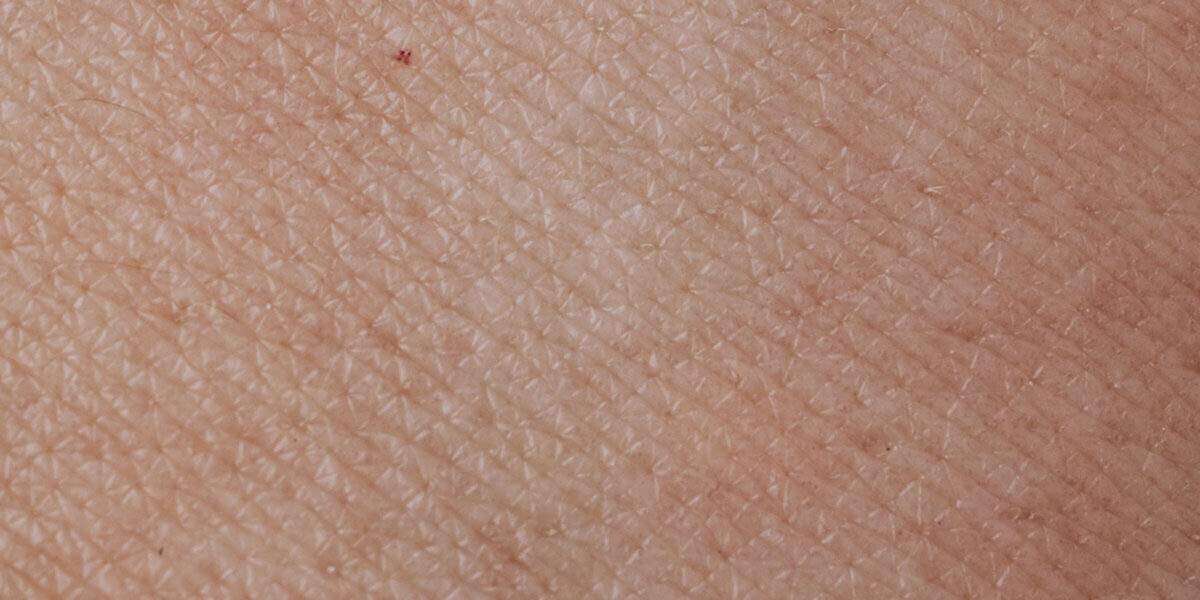BINGHAMTON, N.Y. — Medical professionals have consistently warned about the Sun’s harmful effects on our skin, which causes it to toughen over time. From farmers and road crews to regular beachgoers, prolonged exposure to ultraviolet rays is thought to give skin that “leathery” appearance. A new study shines a light on the science behind this phenomenon.
Binghamton University researchers investigated how ultraviolet radiation alters human skin at the microscopic level. The study places a spotlight on collagen, a vital protein that binds tissues, tendons, cartilage, and bones.
“We don’t want to put a fear factor in here saying ‘don’t go out in the sun,’” says Guy German, an associate professor of biomedical engineering, in a university release. “But extended periods of time under UV light can toughen up your skin as well as lead to a higher risk of carcinogenic problems.”
Building on earlier work that examined the skin’s outermost layer, the stratum corneum, the researchers analyzed full-thickness skin samples before and after varied UV exposures.
“One way to characterize the material characteristics of skin is by conducting a mechanical stretch test on it,” says Abraham Ittycheri, PhD student at the Thomas J. Watson College of Engineering and Applied Science’s Department of Biomedical Engineering. “If it stretches very easily, it’s relatively compliant, but if it’s much harder to stretch it, you can characterize it as much stiffer. My experiment was to see what the isolated effects of UV light would be and compare it with a scenario where a skin is not exposed to UV light.”

Researchers found that increased UV absorption caused collagen fibers to densely pack together, making skin tissue stiffer and harder to break. These observations are connected to the cross‐linkage theory of aging, suggesting unwanted molecular bonds accumulating with age could trigger cellular dysfunction.
“Our body has this natural response in any tissue when there’s some sort of injury, which likely happens in the stratum corneum,” says Tracy Hookway, assistant professor at the Thomas J. Watson College of Engineering and Applied Science’s Department of Biomedical Engineering. “First, wherever there’s some sort of weakening, there has to be compensation by some other part of the tissue or else there’ll be catastrophic failure. Same thing happens in the heart when you have a myocardial infarction — you build up a scar and your heart’s going to not work the same way anymore.”
However, the body’s natural compensations might come with negative outcomes, potentially causing health issues down the road. Gaining a deeper understanding of these processes might guide future medical interventions toward healthier outcomes.
“Any kind of disruption to the normal process of skin is going to be extremely dangerous and detrimental to our overall lifestyle,” says Ittycheri. “That’s not even going into the cosmetic side of things, where a person’s perception about themselves can be challenged when their skin does not look good.”
The study is published in the Journal of the Mechanical Behavior of Biomedical Materials.




